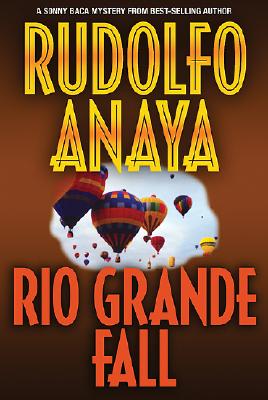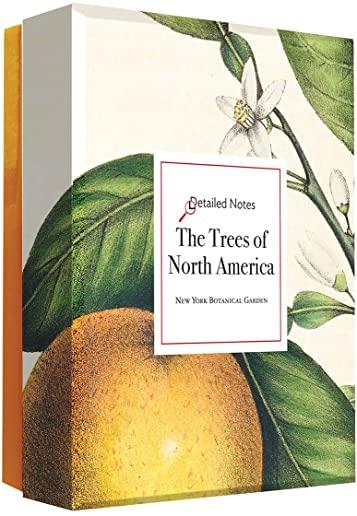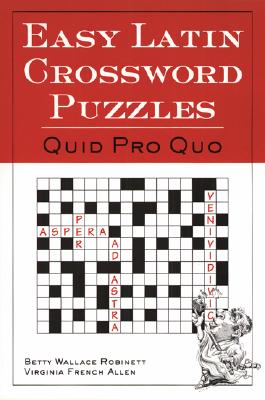
Anzzolin, Kevin M.
product information
description
ule, Mexico dealt with the press in disparate ways in hopes of forging an informed and, above all, orderly citizenry. Even as innumerable journalists were sent to prison on exaggerated and unfair charges of defamation or slander, Díaz's government subsidized multiple newspapers to expand literacy and to aggrandize the image of the regime. In Guardians of Discourse Kevin M. Anzzolin analyzes the role and representation of journalism in literary texts from Porfirian Mexico to argue that these writings created a literate, objective, refined, and informed public. By exploring works by Porfirian writers such as Emilio Rabasa, Ángel del Campo, Rafael Delgado, Laura Méndez de Cuenca, and Salvador Quevedo y Zubieta, Anzzolin demonstrates that a primary goal of the lettered class was to define and shape the character of public life, establish the social position of citizens, and interrogate the character of civil institutions. These elite letrados--whom Anzzolin refers to as "guardians of discourse"--aimed to define the type of discourses that would buttress the transformed Mexico of the Díaz regime to forge a truly national literature that could be discussed among an expanded coterie of lettered thinkers. In addition, these Porfirian guardians hoped to construct an extensive and active public able to debate political and social issues via a press befitting a modern nation-state and create a press that would be independent, illuminating, and distinguished. Through an innovative look at Mexico's public sphere via literary fiction in the Porfirian era, Anzzolin contributes to our knowledge of Mexican and Latin American political, cultural, and literary history in the late nineteenth and early twentieth centuries.
member goods
No member items were found under this heading.
listens & views

ANCIENT CIVILIZATIONS OF SOUTHERN AFRICA ...
by ANCIENT CIVILIZATIONS OF SOUTHERN AFRICA 3 / VAR
COMPACT DISC$12.25
Return Policy
All sales are final
Shipping
No special shipping considerations available.
Shipping fees determined at checkout.






